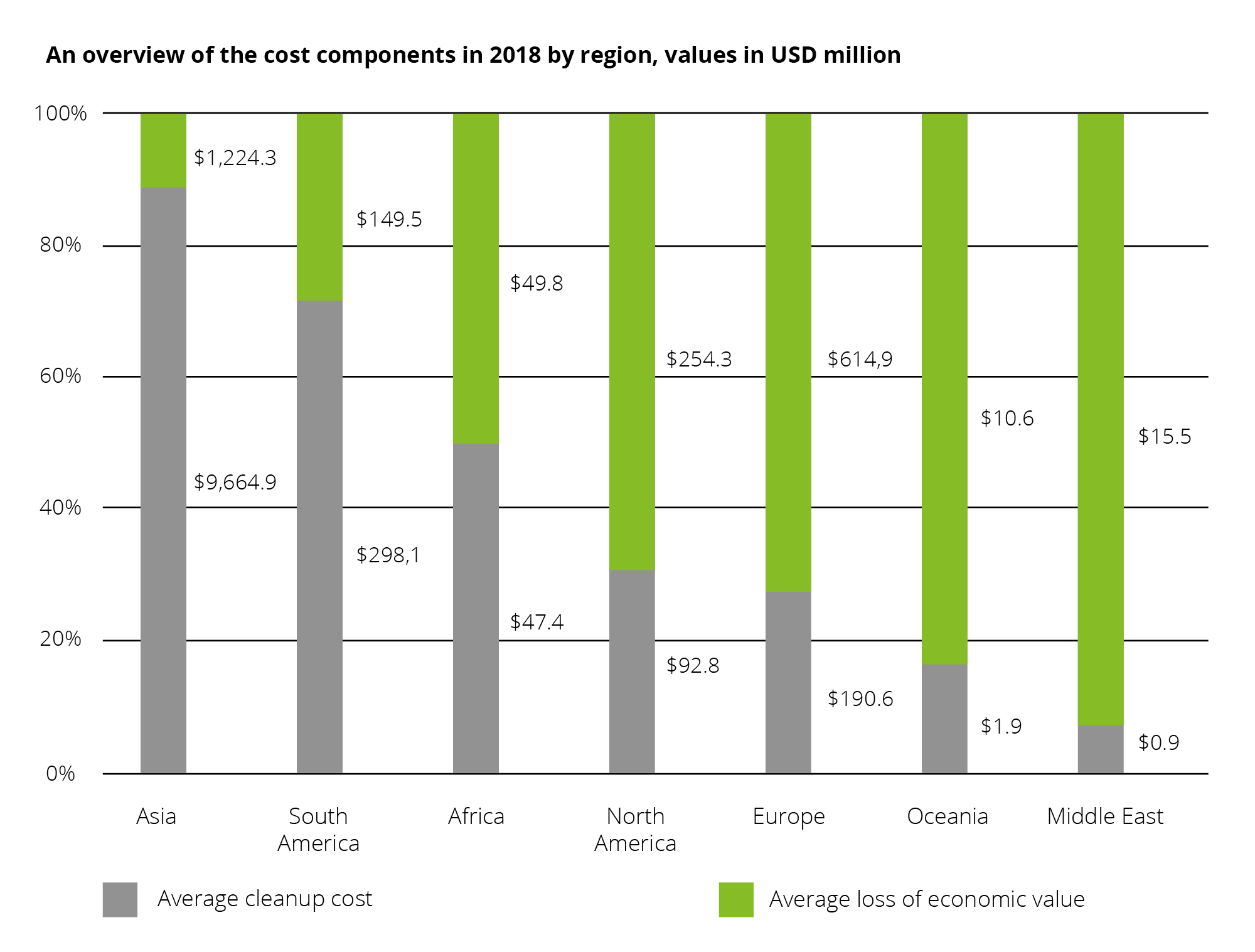Drought is one of the biggest problems of adaptation to climate change. That is why the European Union has prepared new rules on the use of waste water for irrigation in agriculture, allowing it to be recycled and reused to ensure soil protection and human health. Plastic pollution is also an intense problem. We have calculated that globally this pollution has financial implications of up to $19 billion a year. Plastic pollution is therefore not only an environmental problem, but also an economic one.
Newly irrigated fields and waste water
On 25 May 2020, the Regulation (EU) 2020/741 of the European Parliament and of the Council on minimum requirements for water reuse was adopted. The regulation comes at a time when drought is one of the main social issues together with the associated increased pressure on the economic use of water resources, thus responding to current trends in the circular economy.
As is clear from the title of the Regulation, it sets the basic minimum requirements for the use of cleaned waste water. The Regulation should apply to recycled waste water obtained from waste water collected in sewerage systems and which has been treated in urban wastewater treatment plants, undergoing further treatment either at the urban waste water treatment plant or in a waste water recycling facility to meet the newly established parameters.
The objective of the Regulation is to facilitate the introduction of water reuse in appropriate and cost-effective cases and to create an appropriate legal framework for those Member States wishing or needing to reuse water. At the same time, the Regulation aims to set criteria for recycled water in such a way as to avoid contamination of environment components, in particular soil, as well as plant production.
The Czech Republic has no experience in using recycled wastewater for the irrigation of agricultural crops. However, the Regulation is a directly applicable regulation, which is why wastewater producers, farmers and water authorities must now take it into account. With the current legal framework and the growing manifestations of drought, it can be expected that this method of irrigation will be increasingly used here as well.
How much does plastic pollution of oceans cost?
The ecological impacts of plastic pollution in the oceans are quite obvious. However, attention is not yet focused on the indirect effect of this pollution. This has a major financial impact on both the states concerned and the economic activities associated with the oceans. Together with The Ocean Cleanup, we have created a financial model to calculate the impact of plastic marine pollution – The Price Tag of Plastic Pollution model.
Globally, plastic pollution had financial impacts of up to $19 billion a year (in 2018). This included, in particular, direct cleaning costs, losses in the area of tourism and fisheries and aquaculture costs. There is no indication that there should be an immediate change in the intensity of plastic pollution globally. The biggest sinners are fast-growing economies in which waste management systems are not sufficiently built. More than half of the plastic pollution of the oceans comes from their rivers. Therefore, the reduction in the global financial impact of this problem cannot be expected.


